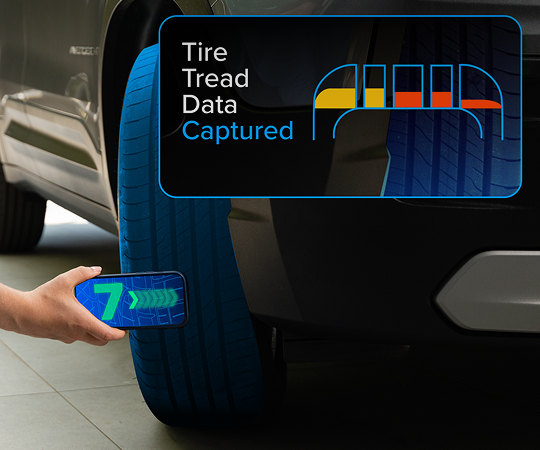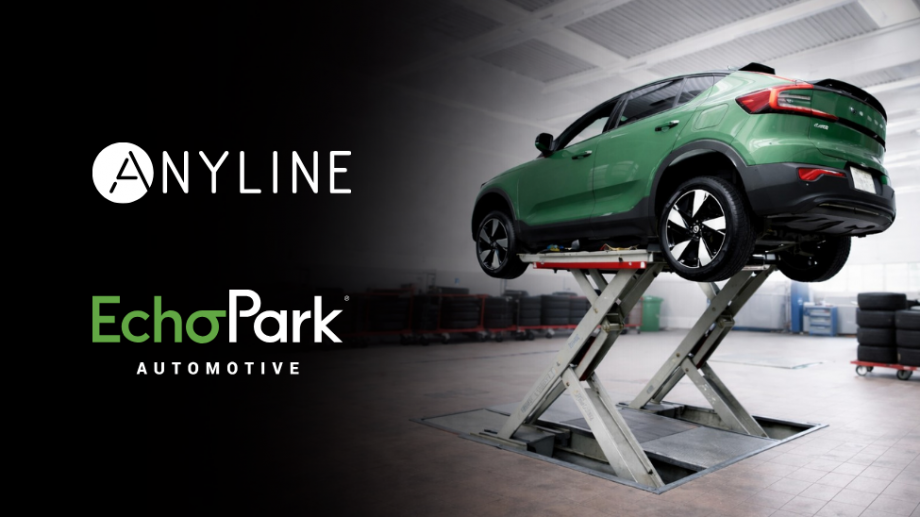
Revolutionizing Fleet Optimization at FINN with Cutting-Edge Tech Solutions
In this blog, we are summarizing some key points from a recent podcast delving into fleet optimization, providing a comprehensive understanding of how significantly technology is transforming this sector of the industry. And as automotive and customer-facing technologies continue to evolve at a rapid rate, it is becoming clear that fleet operators who do not adapt will soon be left behind.
It’s a topic that is getting a lot of industry attention, and so with that, we are excited to share thoughts from the Vice President of Operations at FINN, Martin Rufo. For those unfamiliar with FINN, they are a leading automotive subscription service company with a home in both Munich, Germany and, more recently, in New York City as they advance into the B2C market with vehicle subscriptions.

How is Your Company Meeting Demanding Efficiency Standards Today?
FINN is not in the business of building components from scratch, says Rufo. “Rather, what FINN does is work with third parties. People who’ve been doing this longer than you and I have been alive, who’ve moved more cars than we’ve seen on the streets, and we really trust them to operate the physical compounds while we help by introducing a little bit of automation.“
This is essential to long-term sustainability when you are looking to integrate specific technical solutions into your processes or operations. The cost and resources required to meet new demands and standards often exceed the capabilities of most operational teams. But in working and partnering with other niche companies, you can help to inspire new solutions with the expertise of those who know the technology inside and out.
Encouraging Change – How Is That Possible?
A core component of success within FINN is its ability to adapt and help others to adapt as well. Yet, it is not uncommon for companies to be hesitant to do so. How do you encourage change then? Rufo shares, “I think one of the most important things for FINN as we’re going through the RFP processes for our compound providers or any provider of ours, is how willing are you to adopt change? How willing are you to work with us to deliver the best possible result?”
He continues, “And really, we’ve prioritized providers who want to really adopt that right. And what we’ve seen is actually they’ve been able to use some of the learnings they have with us for other providers, and they view this as a unique sales opportunity where they are continuing to learn, and they can say, hey, we’re working with this great startup who’s providing all of these insights on their stuff.” He adds, “Unfortunately, we actually had to sunset a partner recently because they weren’t willing to change.”

FINN’s Auto Subscription Model
What makes FINN successful is its new business model. Rufo describes it in the interview. “An auto subscription business where we subscribe cars out for six months or traditionally one year. When we’re working with our dealer partners or any of our marketing partners, we’re delivering unicorn cars to them. One year, one owner, a very specific number of miles that no one really gets on the used market right now.”
He continues, “So we do expect a higher level of quality. And the expectations on VIN are different than those coming out of a lease for these partners. So, we do condition reports with all our partners. When our cars are being depleted, we take into account some of the industry standards and what we’re looking at. But for us, there is a little bit more of a magnifying glass in terms of the scratches on a car and nicks and dings, tires – everything down to ‘is the radio working as you expect it to?’ There’s obviously a lot of big bucks in there. But what’s most important is generally pulled up on our condition reports from our third parties.”
Technology Enhancing Solutions
To operate as a leader within this type of business model, FINN must have accurate and up-to-date data about its vehicles. Whether during the in-fleeting, subscription usage, or de-fleeting process, having access to all the vital information in real-time is already proving to be an industry requirement looking forward. Moreover, while the increased dependency on this data rises, resources to collect this data remain the same at best. That is where operators within the fleet industry must rely on automation to streamline operations and improve efficiency.



